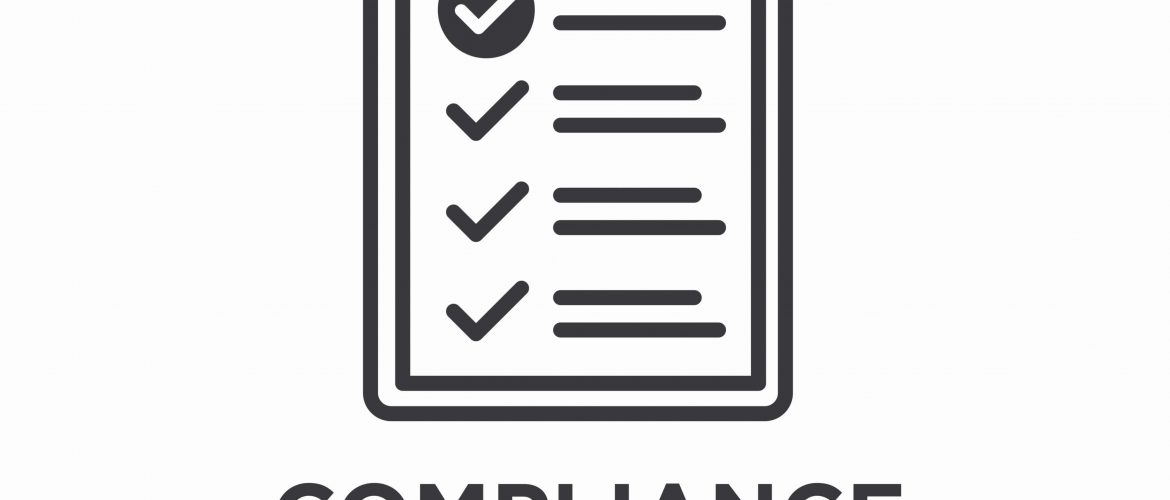Jeannine LeCompte, Publishing and Research Coordinator
All long-term care facilities using Medicare or Medicaid funding are required by law to have a compliance committee which is tasked with conducting an annual assessment. Each aspect of the compliance and ethics program must be fully reviewed and checked against the legal requirements and compiled in a report. This report must then be readily available for inspection and verification by the authorities should they so require.
An annual assessment must evaluate company compliance with the rules concerning the structure of the organization. For example, does the governing body meet and maintain records? Other items include:
- Disclosure of ownership and control
- Appointment of an administrator (licensed if state requires)
- A group of professional personnel is associated with the facility
- Institutional budget plan meets specified conditions
- Written patient or resident care policies governing the services provided
- Responsibility for overall administration, management, and operation is retained by the nursing home itself and not delegated to others
The assessment must also determine if there is an operating compliance and ethics program, as required by law. This means ensuring that there is a written handbook which promotes quality of care in compliance with the ethics, standards, policies, and procedures which have as their aim the reduction of potential criminal, civil, and administrative violations.
The assessment should also show that there is a high-level person appointed to oversee these policies and have the necessary powers to ensure that they are enforced. In addition, the assessment must prove that there has been an integration of the company’s mission, vision, values, and ethical principles with a written code of conduct.
There should be policies and procedures for:
- Internal and external compliance audits
- Conflicts-of-interest
- Confidentiality, data, and privacy
- Prevention of fraud, waste, and abuse
In addition, the assessment must be able to demonstrate that there are appropriate policies dealing with:
- Interactions with other healthcare industry stakeholders (e.g., hospitals, physicians, hospices, long-term care pharmacies, pharmacy consultants, vendors, etc.)
- Quality of care issues
- Gifts and gratuities
- Standards of accountability (e.g., incentives, sanctions, disciplinary policies) for employees at all levels
- Waivers of copayments and deductibles
Finally, the assessment must show that governance policies related to compliance are appropriately maintained.





































